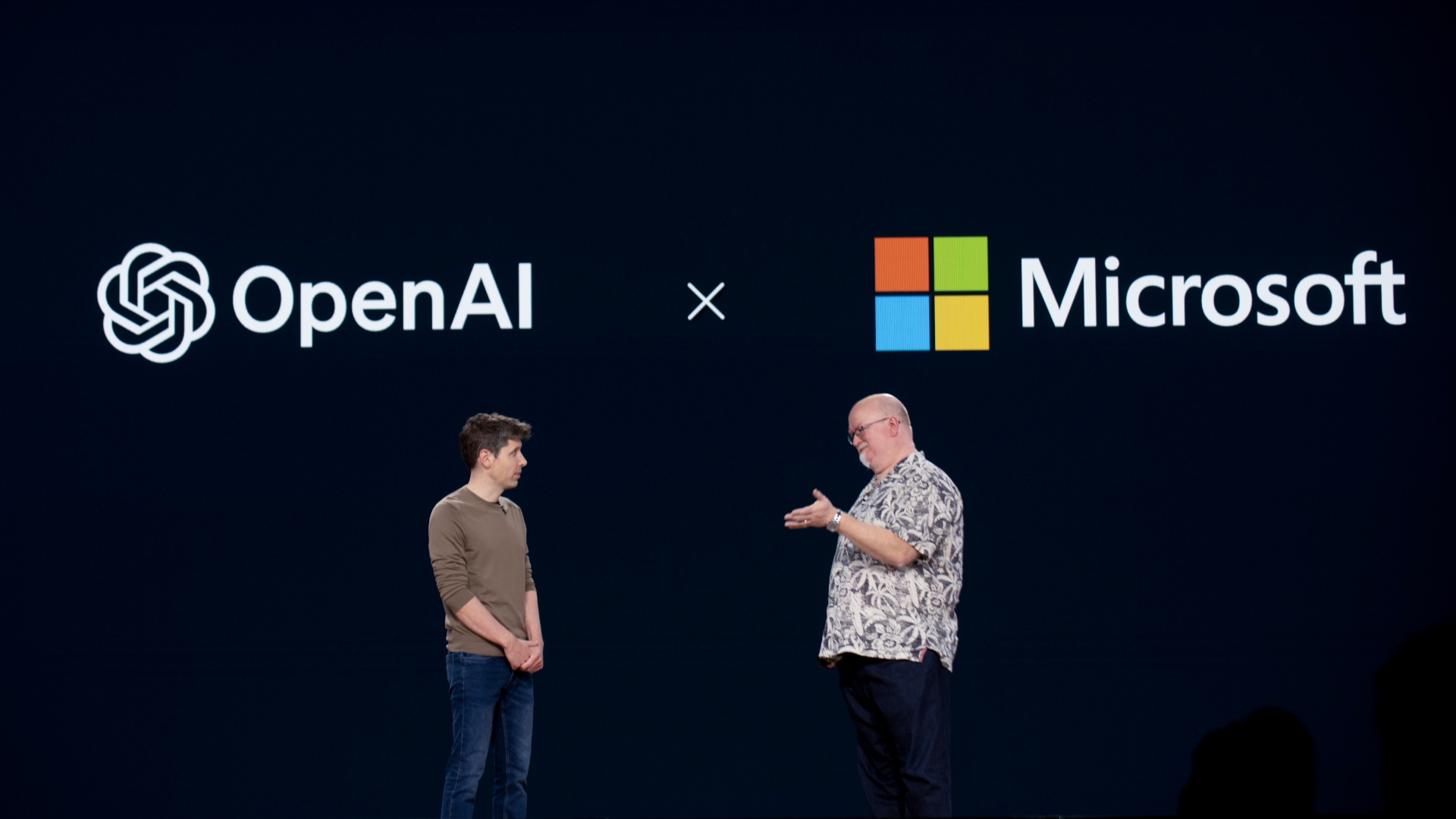Last week, OpenAI pulled the plug on restructuring its firm and announced its plan to transition its for-profit arm into a Public Benefit Corporation (PBC). The transition comes amid pressure from investors to transition into a for-profit entity following two separate rounds of funding designed to save the ChatGPT maker from the cusp of bankruptcy.
If OpenAI maintained its previous business model and structure, market analysts and experts predicted it would open the AI firm to outsider interference and hostile takeovers.
Additionally, they predicted that Microsoft could acquire OpenAI within 3 years as investor interest in AI fades.
A separate report revealed that Microsoft, OpenAI’s largest investor, hadn’t signed off on the firm’s restructuring plans in a bid to protect its $13 billion investment. Another report suggested that OpenAI could slash Microsoft’s revenue share in half by 2030.
And as it now seems, Microsoft and OpenAI are reportedly reworking some of the terms in their multi-billion-dollar partnership (via The Financial Times).
According to its sources, the changes will allow OpenAI to launch a future IPO while at the same time protecting Microsoft’s investment and continued access to advanced AI models.
OpenAI’s transition to a PBC has seemingly raised concerns among key stakeholders, with former co-founder Elon Musk branding it as a stark betrayal of its founding mission — developing AI that benefits all humanity for free.
Elon Musk has filed two lawsuits against the ChatGPT maker, citing a stark betrayal of its founding mission and alleged involvement in racketeering activities. While the judge presiding over the case rejected Musk’s request to block OpenAI’s transition into a for-profit entity, certain parts of the lawsuit will proceed in court.
Microsoft is looking out for its best interest
Additionally, Microsoft and OpenAI are in deliberations to revise the terms of a wider contract, which was drafted when the software first invested $1 billion in the ChatGPT maker back in 2019.
Microsoft’s current partnership agreement with OpenAI gives the former access to advanced AI models and products through 2030 while the ChatGPT maker gains access to the tech giant’s vast cloud computing resources.
As part of the negotiations, Microsoft is reportedly willing to give up some of its equity stake, which will, in turn, warrant access to OpenAI’s new and sophisticated AI models beyond the expected 2030 cutoff.
According to a senior Microsoft staffer:
“The friction comes partly due to style. OpenAI says to Microsoft ‘gives us money and compute and stay out of the way: be happy to be on the ride with us.’ So naturally this leads to tensions. To be honest, that is a bad partner attitude, it shows arrogance.”
It comes after OpenAI unveiled its $500 Stargate project in February, designed to facilitate the construction of data centers across the United States. While Microsoft lost its exclusive cloud provider status, it still retains the right of refusal.
Interestingly, a separate report claimed that Microsoft backed out of two mega data center deals to avoid affording OpenAI with additional training support for ChatGPT.
However, the ChatGPT maker’s CEO, Sam Altman, indicated that the AI firm is no longer compute-constrained, suggesting that the AI firm is well-equipped to develop advanced AI without any limitations and overdependency on Microsoft.
As such, Microsoft remains OpenAI’s first option to host workloads in its cloud infrastructure and services. OpenAI will only outsource those services to other vendors if Microsoft can’t meet the requirements.
Despite the critical concerns raised, a person with close affiliations with OpenAI claims, “Microsoft still wants [this conversion] to succeed. It’s not like it’s all gone to hell, and it’s open warfare. There’s a tough negotiation, but we’re confident we’ll get it done.”





